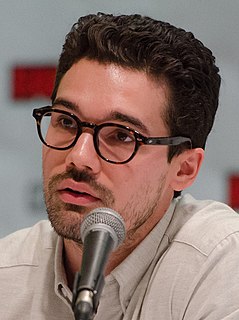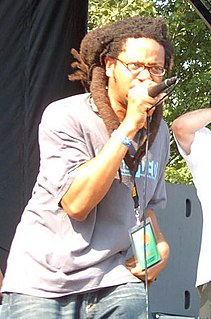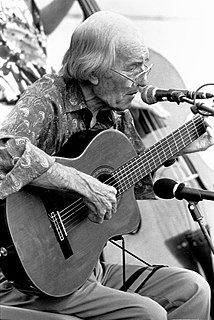A Quote by George R. R. Martin
If the novels are still being read in 50 years, no one is ever going to say: 'What's great about that sixth book is that he met his deadline!' It will be about how the whole thing stands up.
Related Quotes
Still, I wonder if we shall ever be put into songs or tales. We're in one, of course; but I mean: put into words, you know, told by the fireside, or read out loud of a great big book with red and black letters, years and years afterwards. And people will say: 'Let's hear about Frodo and the Ring' and they'll say 'Oh yes, that's one of my favorite stories.
I think the next 50 years are going to present the human race with challenges that so far exceed the limitations of geopolitical boundaries or nationalist identity. We're going to be up against challenges that we can barely fathom at this point. So how we embrace them and deal with them will define a great many things about where we go, but, you know, it's hard to say. We're teetering on the edge, I would say.
Total oblivion is the fate of almost everything in this world. I'm very likely to suffer that same fate; my work will probably not be remembered, and if any of it is, if any of those novels is fated to be one of those novels that is still being read 50 or 100 years after it was written, I've probably already written it.
I read continually and don't understand writers who say they don't read while working on a book. For a start, a book takes me about two years to write, so there's no way I am depriving myself of reading during that time. Another thing is that reading other writers is continually inspiring - reading great writers reminds you how hard you have to work.
As far as sometimes being involved with different demonstrations, I did an anti-war protest in San Fran in January, and I'm standing there, amongst all these people, and it's this great thing to see people being active and actually standing up for what they believe in and still letting the government know that there are people who will still sacrifice a portion of their day to stand up for what they care about, but I'm just thinking to myself, "God, man, these protests have been going on throughout I-don't-even-know-how-many years, and here we are again."
Usually, no one quite knew where Django Reinhardt was going to be, but I met his brother and about an hour later in walks Django with an entourage of friends. He always traveled with a large group-carried his own admirers with him, the most sinister-looking bunch of hoodlums you've ever seen. I walked up and offered to buy him a drink. That seemed to be the right thing to do... he was the first really brilliant solo guitarist I ever became aware of, I had records of his when I was 10 years old. It just blew my mind that anyone could play a guitar like that. Still does.
If you're 50 years old or younger, give every book about 50 pages before you decide to commit yourself to reading it, or give it up. If you're over 50, which is when time gets shorter, subtract your age from 100 - the result is the number of pages you should read before deciding whether or not to quit. If you're 100 or over you get to judge the book by its cover, despite the dangers in doing so.







































